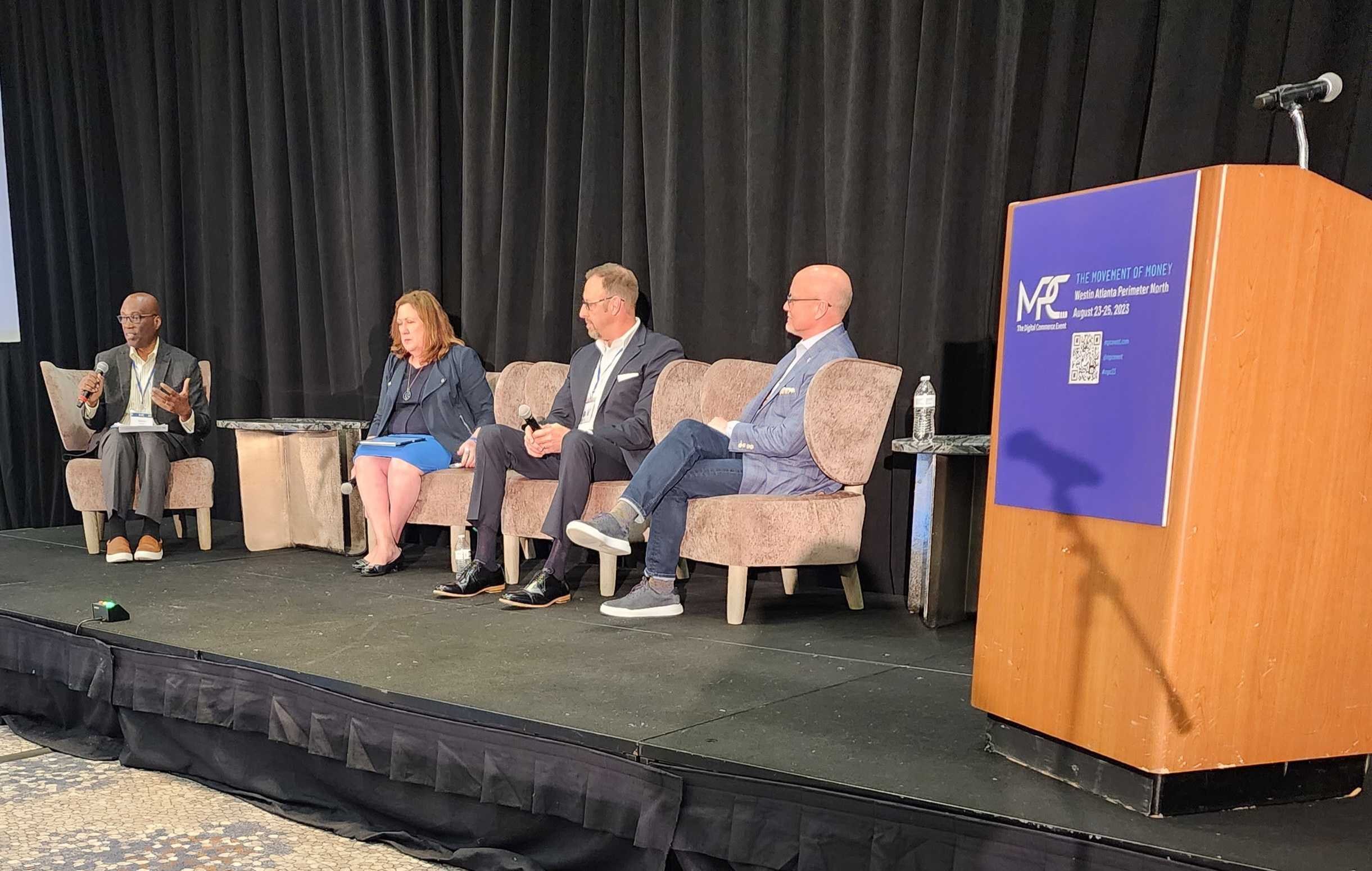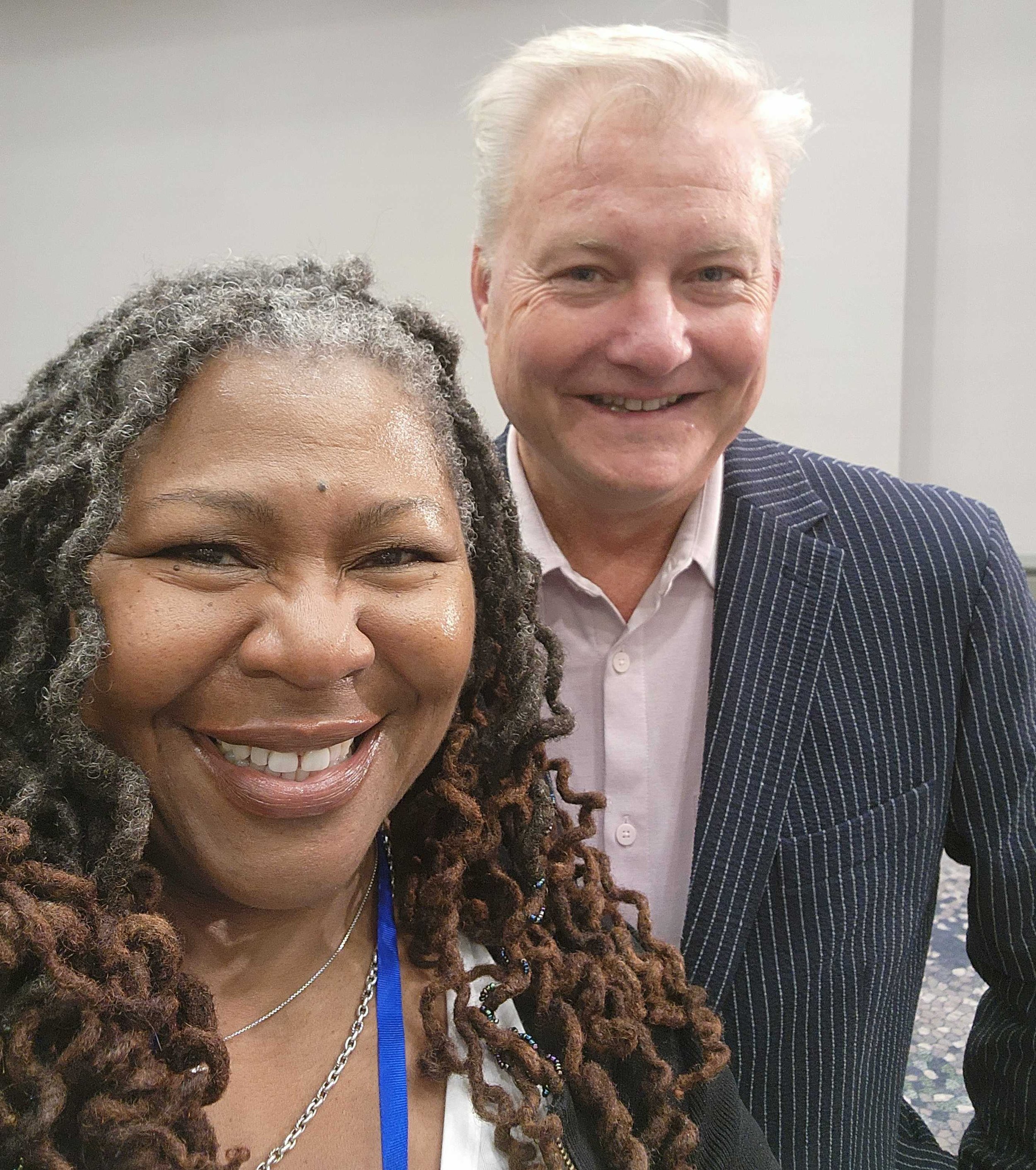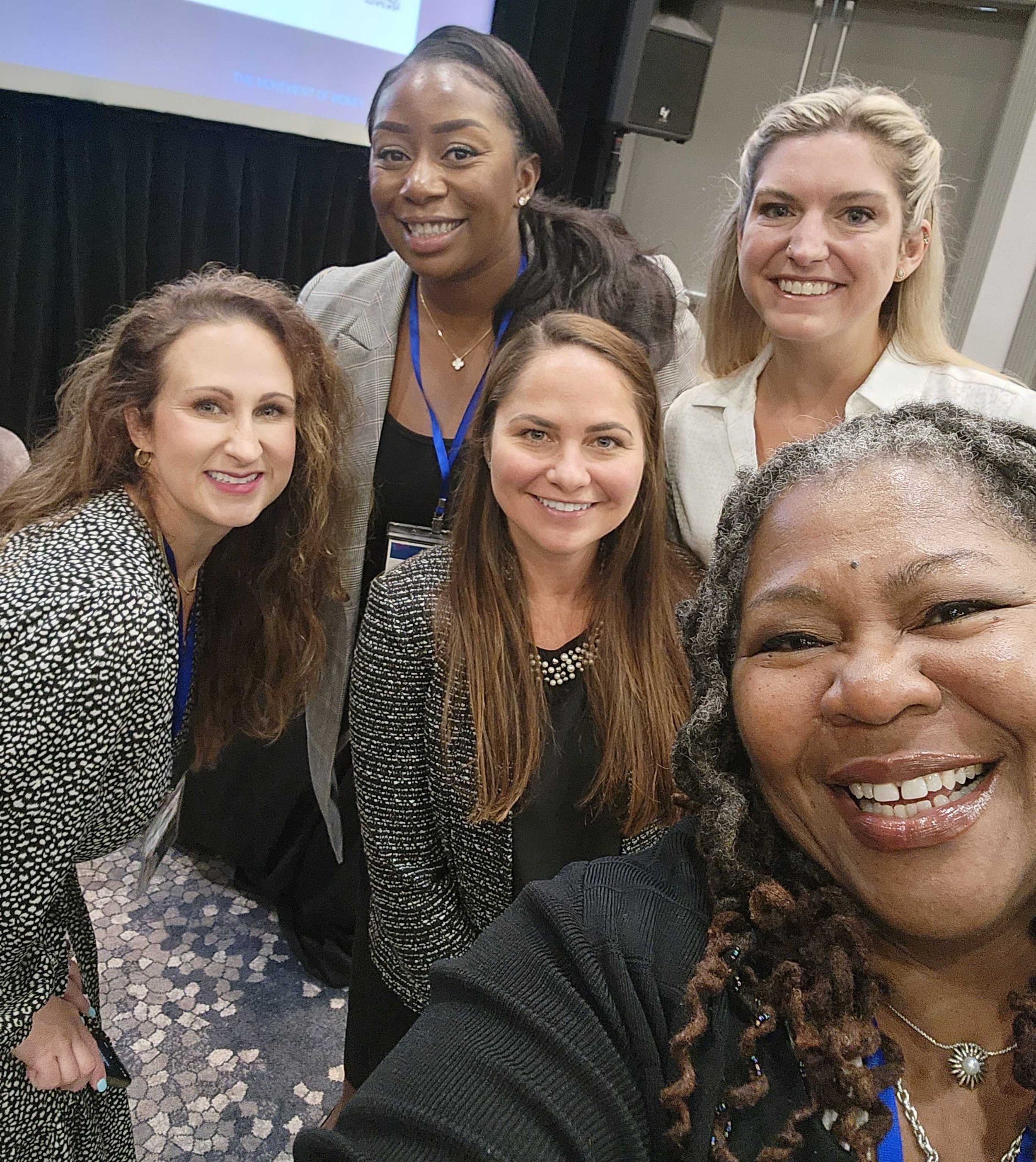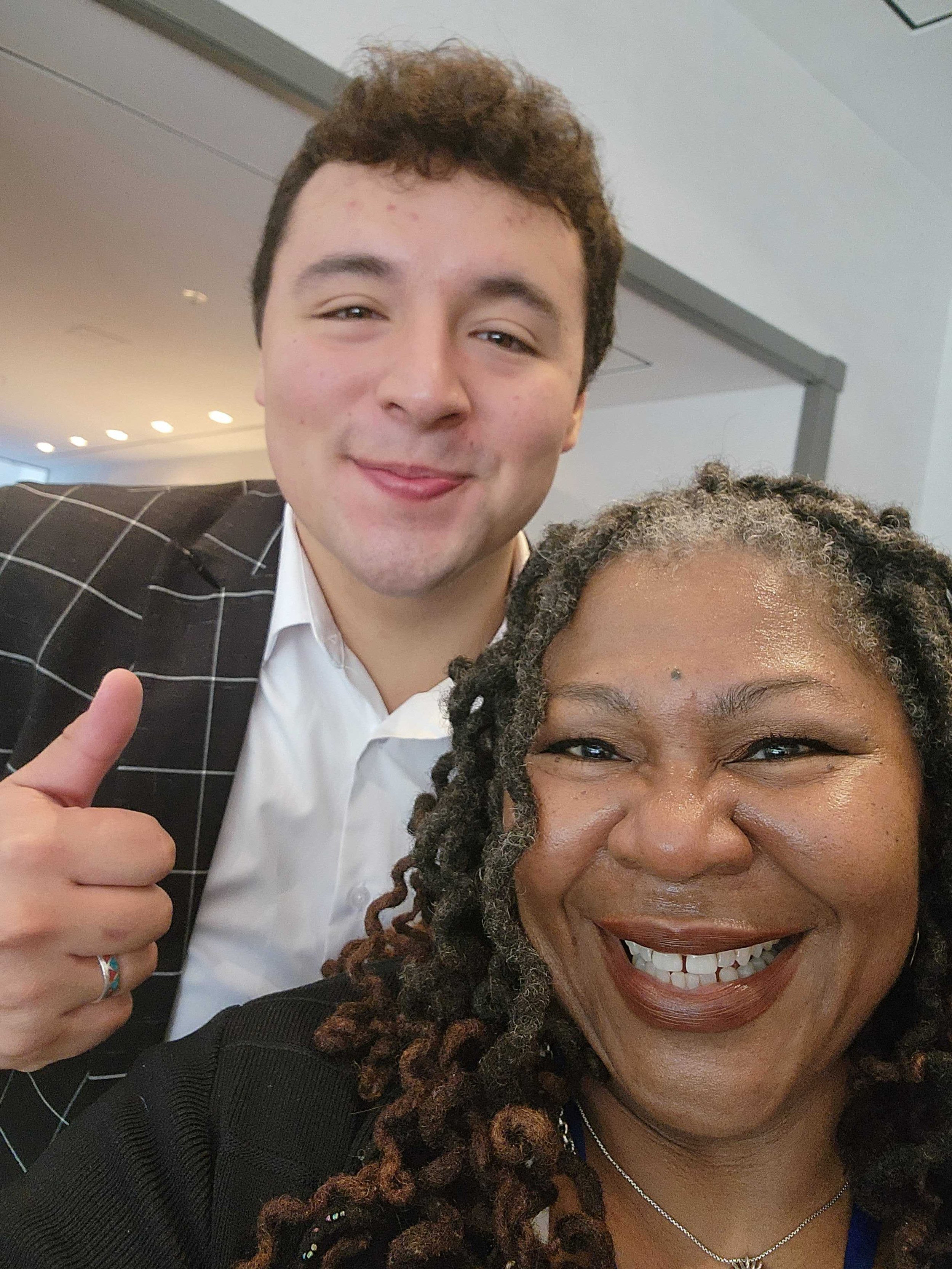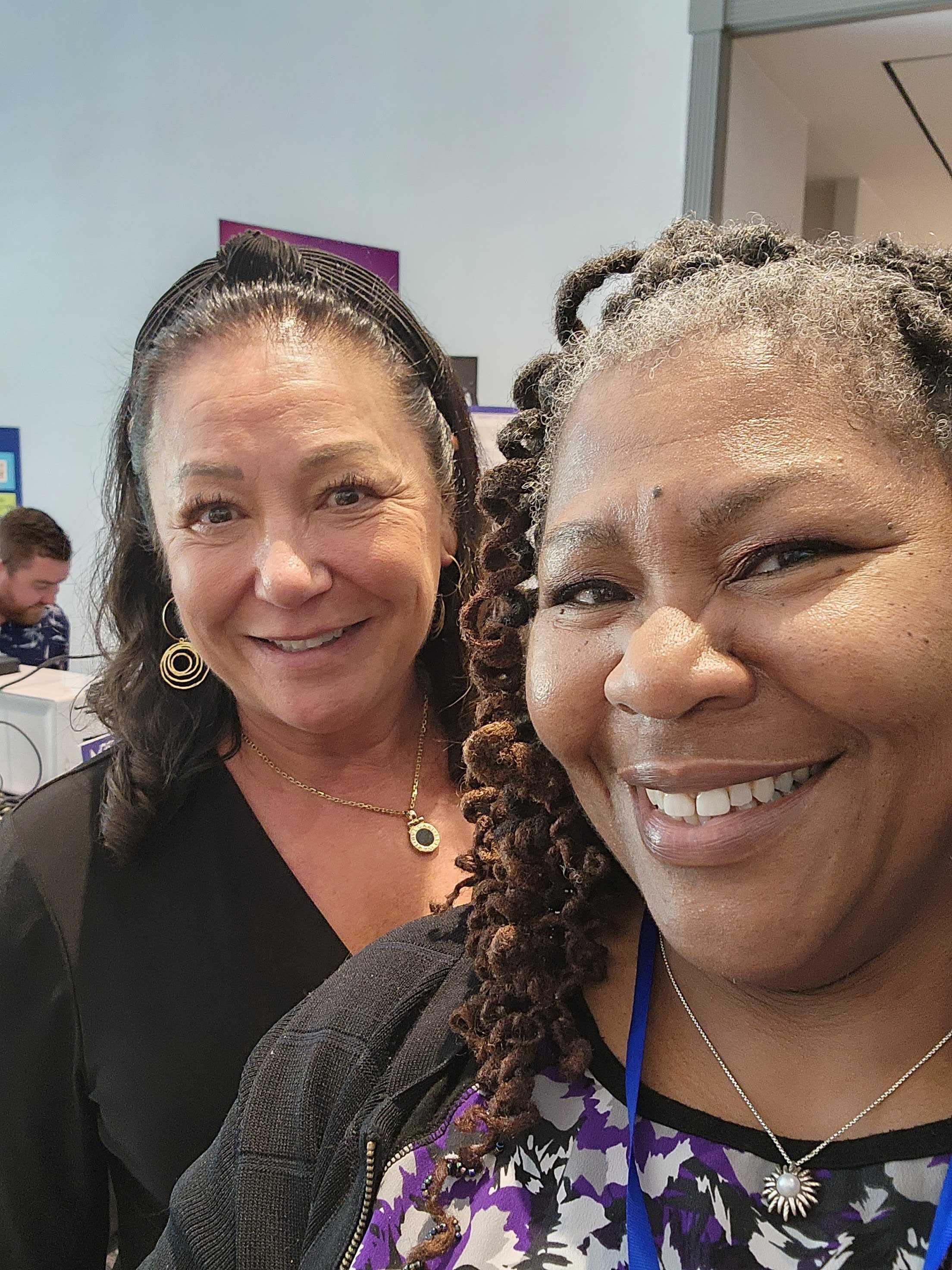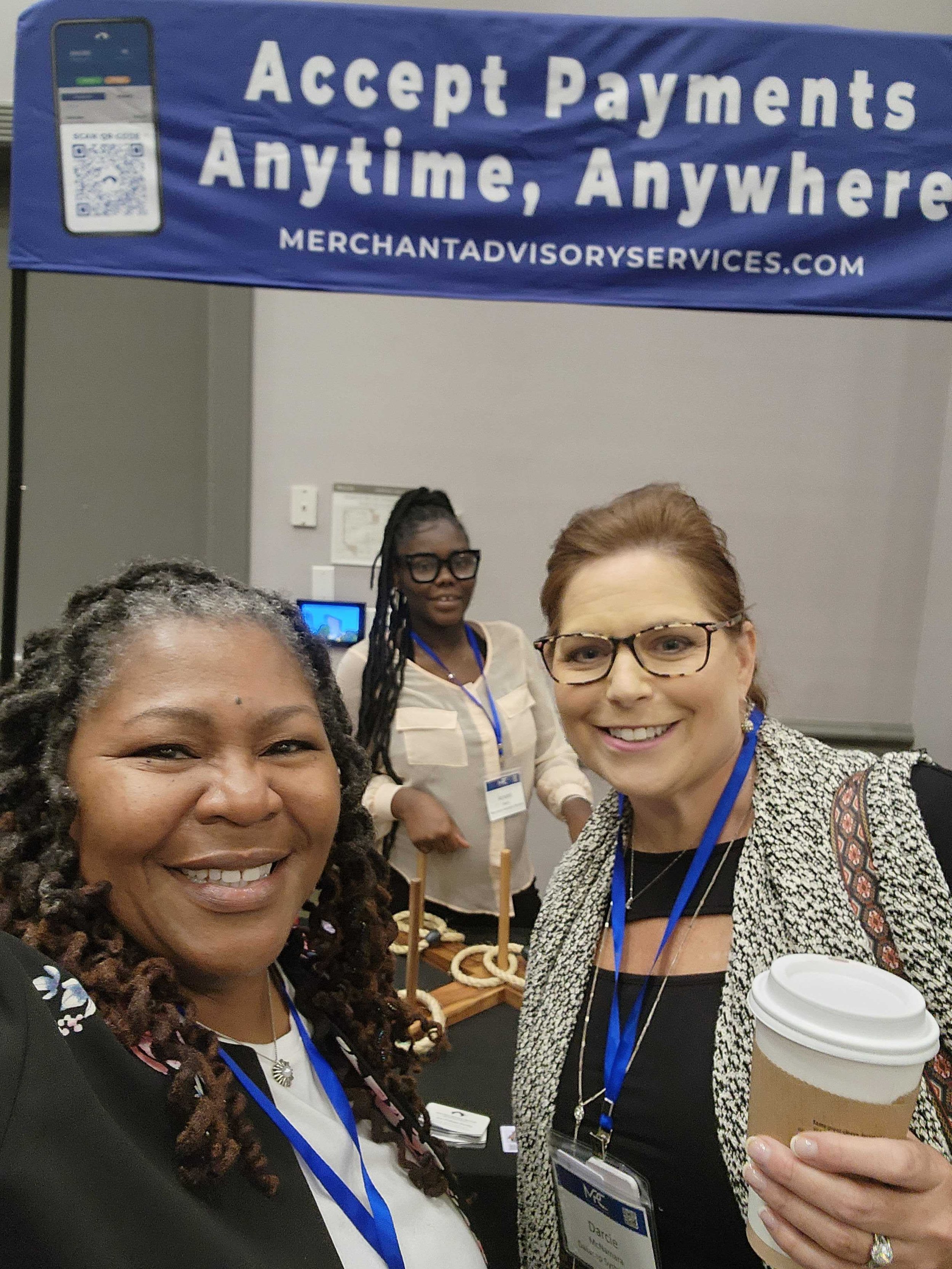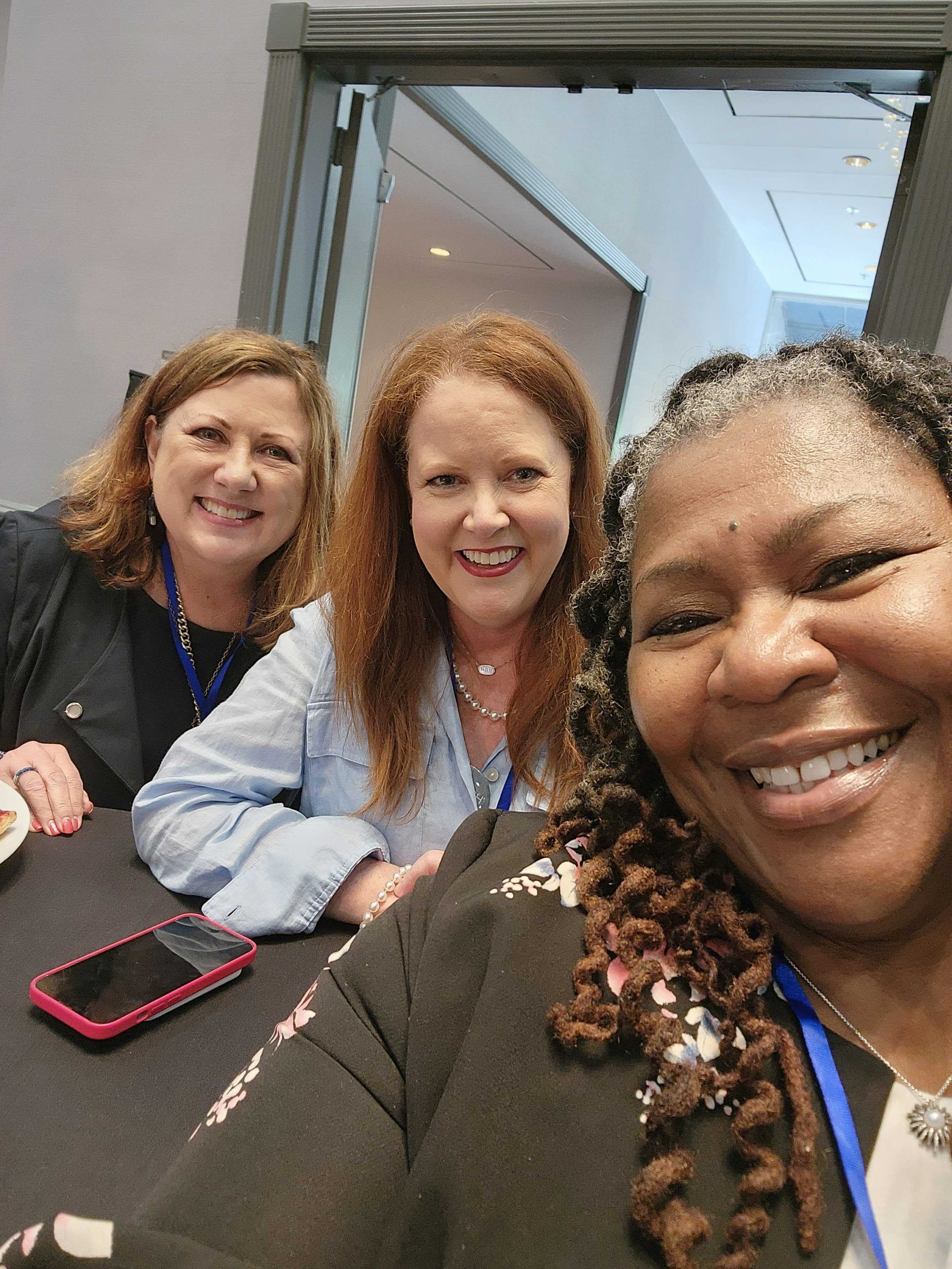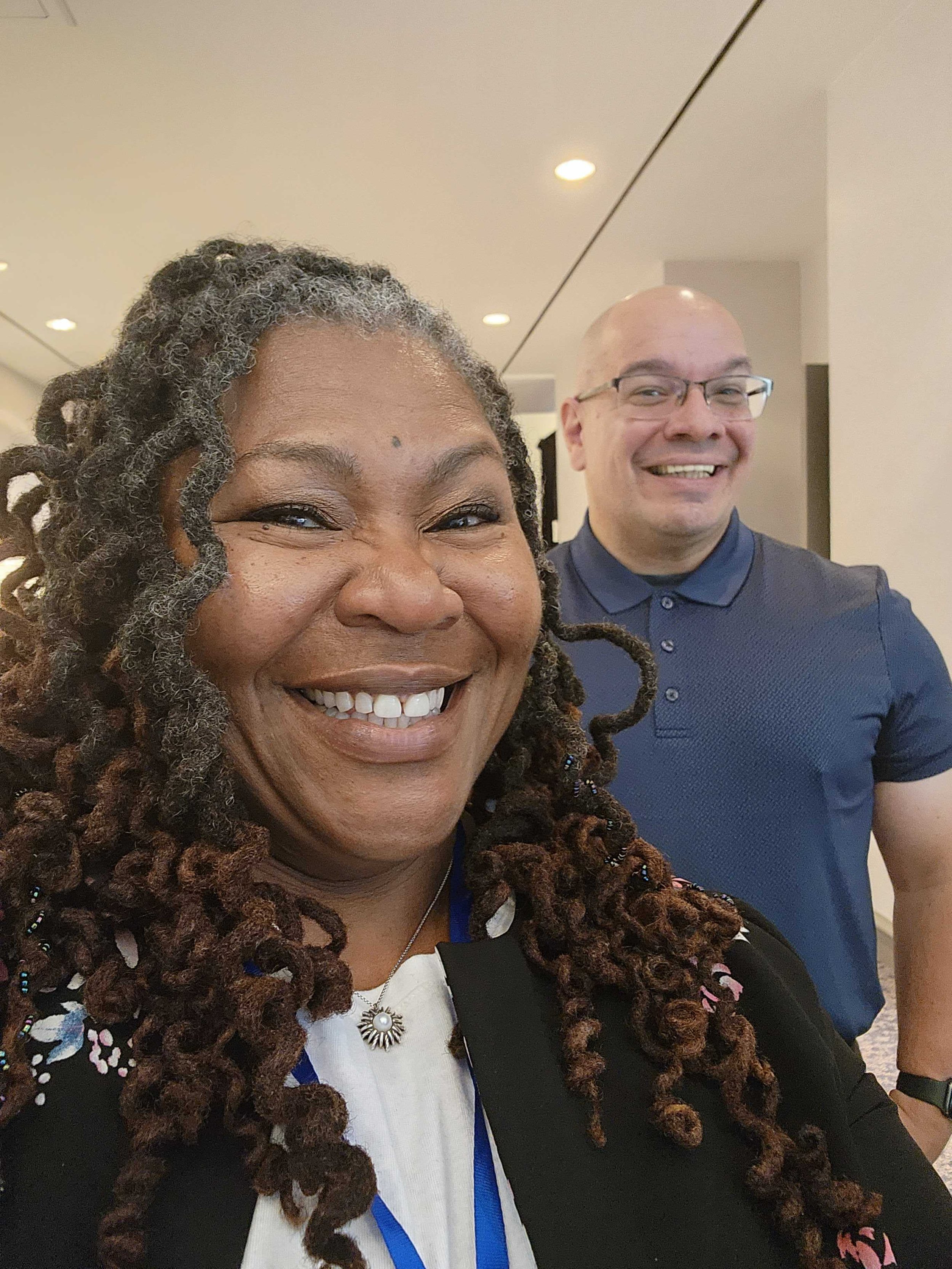Fintech is an ever-changing industry and payments is one segment that has fintechs and financial institutions abuzz. The technology, regulations and overall approach to how we exchange money for goods and services are changing every day. During the recent Mobile Payments Conference in Atlanta, industry experts shared insights and discussed trends that affect companies and consumers. Below are some of the hottest trends in the payments industry and how they are changing the landscape of fintech.
Generative AI - Everyone is talking about it and, according to industry experts, it is here to stay. The distrust of generative AI technology is based on the belief that it will displace people or take their jobs, which is truly unwarranted, according to Russell Moore, director of corporate strategy and development at Global Payments Inc. Moore explained that generative AI is “naive and ruthless” and needs human interaction and input to help it create material that is not biased or non-inclusive. He encouraged everyone to approach generative AI as a technology that will help optimize our work environment and allow professionals to focus on more complex, thought-provoking tasks while AI manages more routine work. As the industry continues to find its footing in the best use of AI, security could be one of the areas that benefit companies and consumers.
BNPL - The latest form of the growing alternative form of credit, buy now, pay later (BNPL) likely started in the 1980s but actually dates back to the 1800s. Essentially, BNPL allows retailers to offer a multiple-payment option spread over a period of time without interest. The conversations about whether BNPL is taking advantage of consumers who are using the service to buy items they do not need as opposed to necessities like groceries will continue. However, with financial heavy hitters such as Chase and U.S. Bank entering the space, the regulatory scrutiny of BNPL will increase.
Instant payments - The Federal Reserve launched the first phase of its instant payment platform, FedNow, in July. It is the first phase of the federal payment option that, on the surface, could be seen as competition for other fintech-led instant payment platforms such as Zelle, Venmo, PayPal and CashApp. As more institutions and retailers sign up for FedNow and it becomes commonplace, consumers will have more options to transfer money including paying bills on due dates to prevent late fees and sending money to individuals. The goal of the service is to give consumers instant access to their paychecks and companies instant access to invoice payments. Officials from the agency have said the goal is not to eliminate other instant cash platforms but to supplement and work with them.
Contactless payments - Tapping or contactless payments is expected to reach $10 trillion globally by 2027. More and more retailers started accepting tap payments as consumer demand for the feature grew during the pandemic. By 2026, 81 percent of all cards will be contactless. Studies have shown that people like the convenience of the option as well as the cleanliness of not having to touch payment devices. The convenience and easy use of these payment options will outweigh consumers’ concerns, industry experts say. This is a great opportunity for fintechs to develop other ways to keep these transactions secure such as the growing use of biometrics at the point of sale.
The ultimate drivers of innovation in payments are consumers, who will decide their level of comfort with frictionless payments such as contactless. Successful fintechs will learn to work with financial institutions such as banks and credit unions in order to serve consumer needs and develop true co-opetition in the process. As they develop these relationships, fintechs will be better able to navigate regulatory requirements around privacy and data security. This will lead to a fintech ecosystem in which fintechs can lead innovations in partnership with financial institutions that are rolled out to consumers who want a more streamlined payment experience.
- Charlyne H. McWilliams

